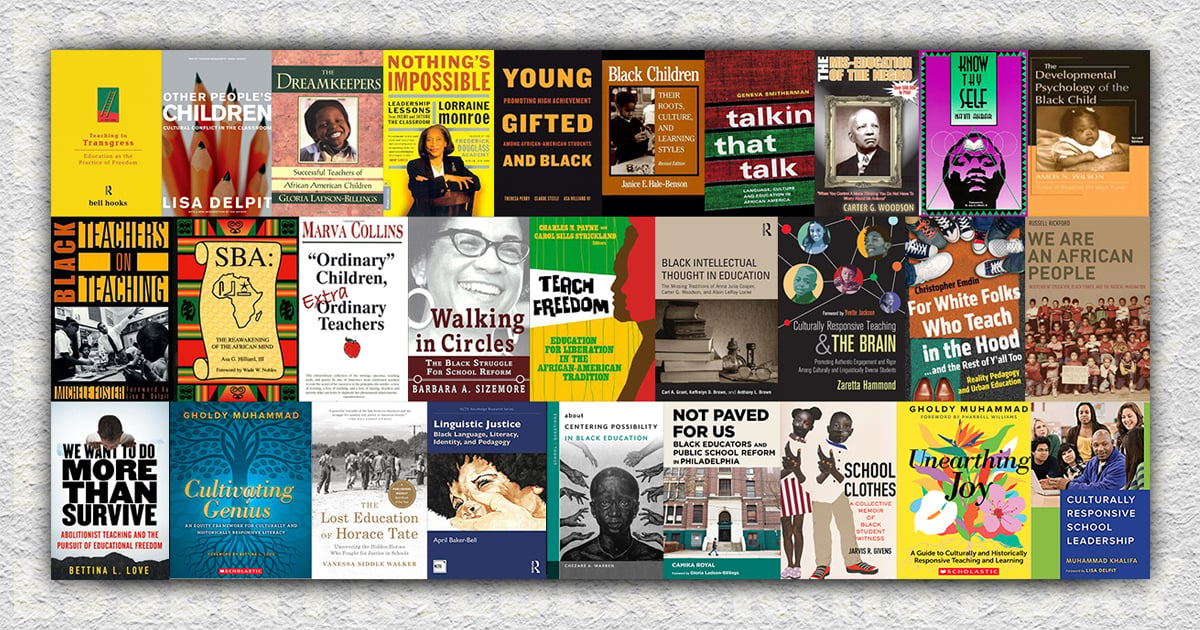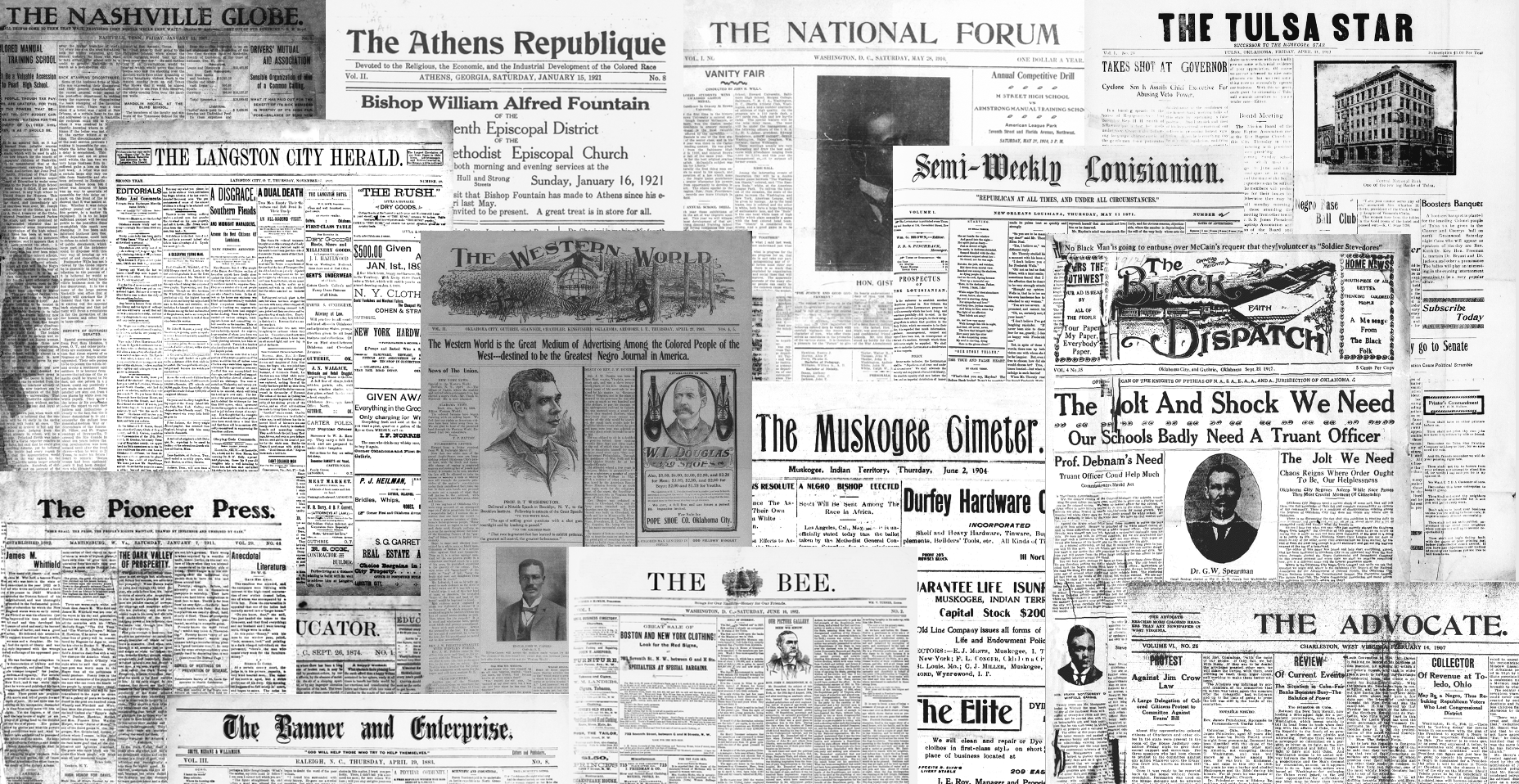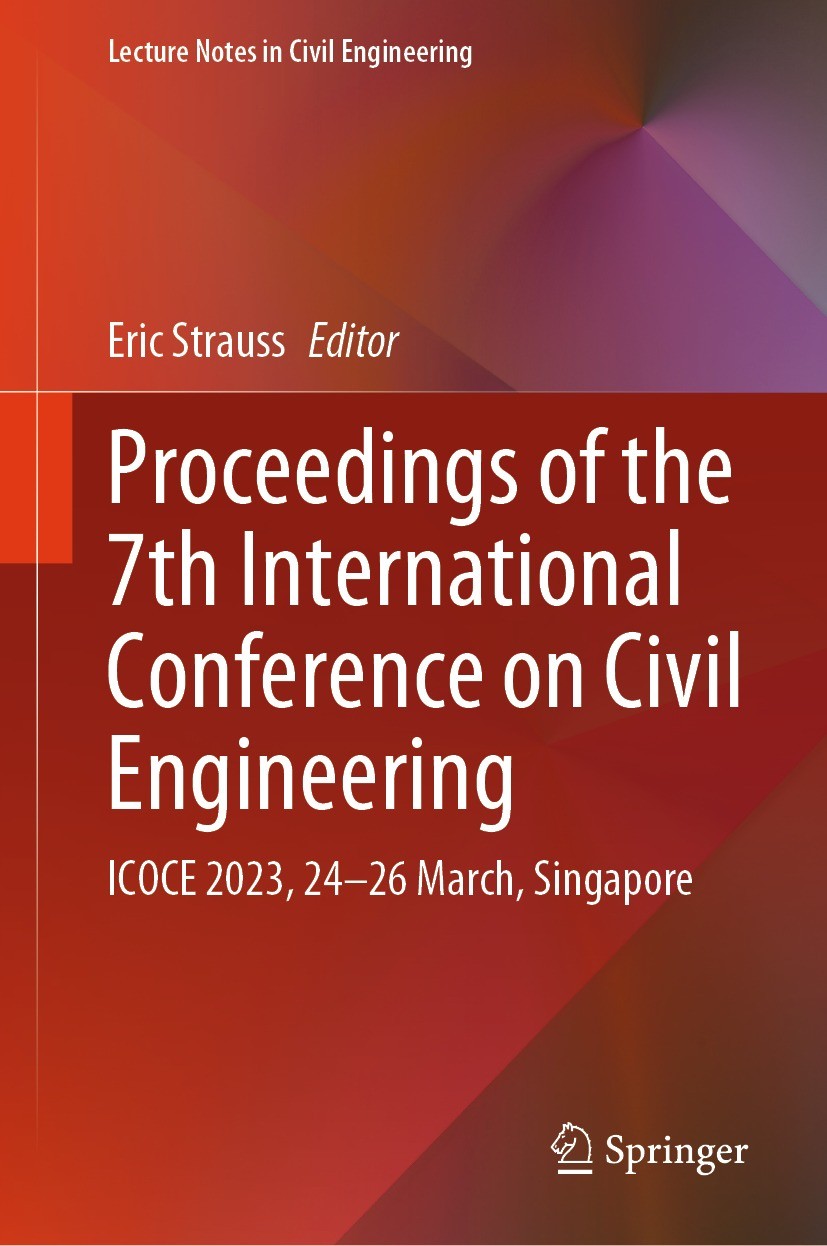About Format Types
Certain formats tend to be used for specific purposes. Because of this, many instructors will tell you exactly what types and formats to use (or avoid) for research assignments. Alternatively, they may tell you to use only peer-reviewed sources without specifying a format. Review your assignment requirements and select sources that meet those requirements. You may encounter the following formats during your research.
Books

Books tend to be much longer, and because of this, they can go into greater depth than articles. Books are excellent sources for providing a “big picture” perspective of a topic with background information and rich detail.

In a scholarly context, book chapters are typically research papers on a certain topic or theme written by different authors and assembled in a single book. Often, the book's editor solicits and compiles chapter submissions. Many disciplines in the humanities and social sciences rely on book chapters to communicate their research findings and learn about their peers’ work.
Newspaper

Newspaper and magazine articles tend to be brief and to the point. They’re intended to keep us current with events and popular topics and rarely go in-depth or provide sources for further reading. Newspaper articles are a typical example of a primary source, which we’ll discuss in the next section.
Conference proceedings
Conference proceedings are the compiled presentations and papers published after a scholarly or professional organization’s conference is over. This is done so there is a lasting record of the research ideas that were shared at the event. Some academic disciplines rely heavily on scholarly conferences as a means of quickly sharing and discussing new research and creative contributions by scholars in that subject area.
Scholarly Journals


Scholarly journal articles are several pages long and focused on particular facets of a more prominent topic or research project. These papers are written by subject experts and published in scholarly journals. Your instructor may tell you to use “peer-reviewed journals” in a writing assignment during your studies. Most of the time, your instructor means that you must use individual articles published in a peer-reviewed journal, not the entire journal and all its contents.

Magazines entertain and inform a general audience and will frequently discuss current events. Journalists or other professional writers typically author magazine articles rather than subject experts. Magazines will use familiar and understandable language to most readers and may offer an opinion or point of view in their coverage. Magazines are a popular source of information because they appeal to a large audience, are not generally peer-reviewed, and may be opinion-based. Some magazines fall under the category of trade publications because they provide practical information to individuals working in a particular field or industry.
Government documents are information generated by state, local, and national levels of the government. They include various current and historical information like court documents, presidential papers, congressional records, reports, statistics, and international treaties. Government documents are authoritative, credible sources of information to use in research. In addition, government documents are generally primary sources of information.
Grey Literature
Grey (or “gray”) literature is informally published material written by experts or researchers in a field. Non-commercial information is produced by organizations, advocacy groups, research labs, government agencies, and independent scholars. Grey literature includes conference proceedings, technical reports, clinical trials, data sets, graduate school dissertations, professors’ lecture notes, department newsletters, or blog postings from credentialed experts.
Grey literature aims to inform or influence an opinion on a topic. Most grey literature is from the medical and scientific communities; however, it can be found in other subject areas. The term “grey” refers to the undefined or uncategorized nature of the information. Grey literature does not fall under the categories of popular, scholarly, or trade sources. Some grey literature, like clinical trials and data sets, are primary sources of information. Most other grey literature, however, is a secondary source of information. Even if you do not include grey literature as references in your project, they can be valuable as alternative perspectives or updates to ongoing research in the field.
Websites
Websites are the leading form of electronic information available, and many websites incorporate some form of multimedia presentation. Virtually any information retrieved in a Google search comes from a website. While most publication, material, and format types are accessible online, these sources' quality, coverage, and purpose will vary significantly. There is a lot of great information online, but because of the wide range of sources, it is increasingly important to scrutinize the information you find on websites.
Review some of the library's resources featured in format types
-
eBook Academic Collection This link opens in a new window
The eBook Academic Collection includes tens of thousands of e-books covering a full selection of multidisciplinary academic subjects, including the latest titles from the leading academic publishers and university presses, all with a user-friendly search experience.
-
Book Chapter ExampleThis link contain a book chapter search conducted in one of the library's databases.
-
Conference Paper SearchThis is an example of a conference paper search using the Ebsco Discovery Service Database.
-
Example of a Newspaper SearchClick here to see an example of a newspaper search using the Newspaper Source Database available at John B. Cade Library.
-
See an example of a Scholarly Journal article searchThis search was conducted using Ebsco Discovery Service Database available at the library.
-
See an example of a Magazine searchThis is an example of a magazine search using Ebsco Discovery Database available at the library.
-
Gov Info This link opens in a new windowGovInfo provides free public access to official publications from all three branches of the Federal Government.
-
Grey Literature NetworkThe Grey Literature Network Service was founded in 1992. The goal of GreyNet is to facilitate dialog, research, and communication between persons and organizations in the field of grey literature.
-
See the CDC WebsiteThe CDC Website can be used in gathering statistics and other information used in scholarly research.
